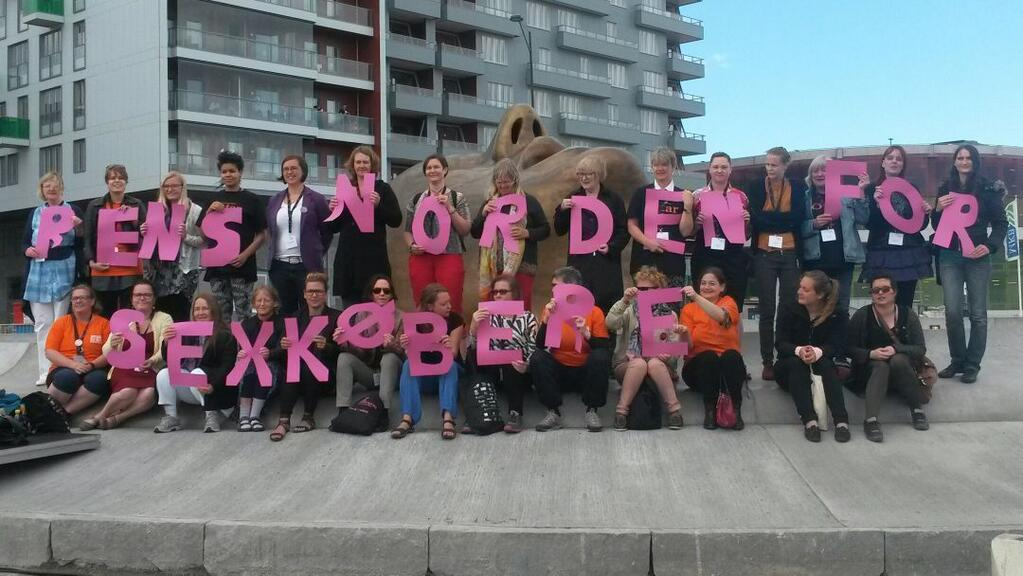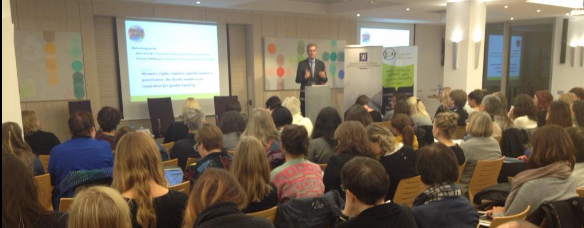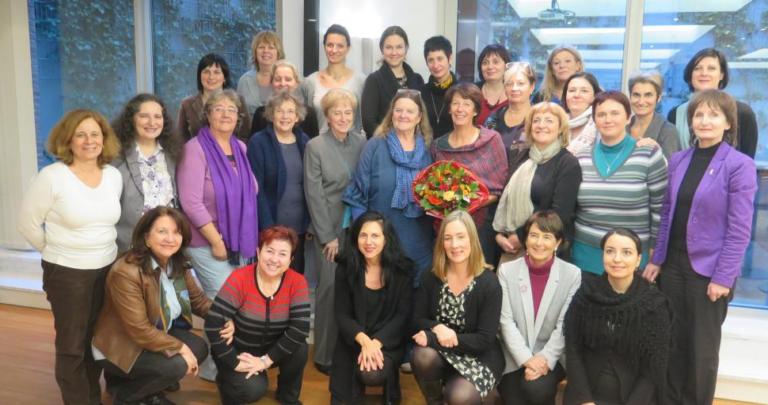[Brussels, 2 September 2014] Three weeks ago, the Norwegian government unveiled the outcomes of the evaluation it conducted to assess the impact of its legislation criminalising the buying of sexual services (adopted in 2009). According to the independent evaluation, the criminalisation has led to a reduced demand for the buying of sex in Norway and a reduction in the extent of prostitution. The outcomes of the evaluation support the same analysis made in Sweden in 2010, when the Swedish government commissioned a study to evaluate its own abolitionist law. The European Women’s Lobby (EWL) and the signatories of the Brussels’ Call welcome these conclusions who demonstrate that abolitionist policies are impacting positively on the shared European goal of equality between women and men.
According to the Norwegian evaluation, the ban on purchasing sexual services has reduced demand for sex: Norway is a “less attractive country for prostitution and trafficking”. The evaluation shows that the Norwegian government understands prostitution as an economic market fueling trafficking. By ending the demand side, the Norwegian government succeeded in reducing trafficking, in breaking the high-profit low-risk nature of the phenomenon and making Norway a less attractive country for traffickers and pimps. The evaluation estimates that the size of the street prostitution market has stabilised at a level of 40-65 percent of the market before the law.
Moreover, the report does not find evidence of more violence against women in prostitution after the ban on buying sex entered into force (which seems to be a recurring argument about the impact of abolitionist policies). The evaluation also highlights the need for Norway to continue developing social policies and providing more options for people that want to get out of prostitution. “Language classes, work training and work options are considered to have clear positive effects and there is a need for more of such initiatives”. The EWL hopes that Norway will also ensure that its police force is trained and informed by the goals of the law, in order to make sure that women in prostitution can report any abuse to the police.
Finally, the evaluation points out to the effects of the law on the population: young men changes their attitudes towards buying sex, and demand for sexual services has reduced. If the law has already had a normative effect on the Norwegian society, information and awareness raising needs to continue to be at the core of the Norwegian policy on ending prostitution: prostitution is not only nan economic market, it is also a system that perpetuates inequality between women and men and violence.
In January 2014, the EWL went to Norway for a study visit and to meet different actors involved in the issue of prostitution. The EWL hopes that this evaluation will strengthen Norway’s abolitionist goals. Good results only 5 years after the implementation of the law should be welcomed as motivating!
Photo: Nordic women’s NGOs calling for ending demand, at the Nordic Forum, June 2014, Malmö, Sweden



